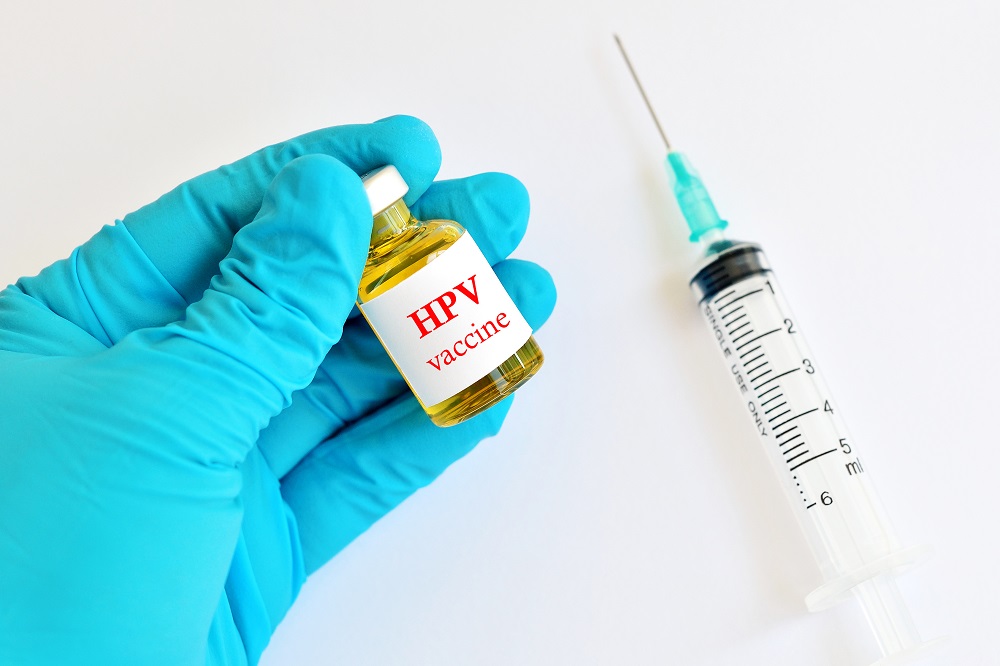The question on many health care workers minds is, “Can healthcare workers get the HPV vaccine?” HPV, or human papillomavirus is one of the most common viruses in America. Unfortunately, it can also be one of the most deadly, as the HPV virus can cause cervical cancer in women. So, what are the risks of the HPV vaccine? Let’s take a look at the risks.
First, there is no guarantee that healthcare workers will get the HPV vaccine. It is important that workers who may have been exposed to the virus get regular checkups to make sure they do not have an illness related to the HPV virus. If workers do not go to regular checkups, they can still contract the virus. In fact, it is possible for someone to contract HPV even after being vaccinated. Therefore, healthcare workers should always make sure they get regular screenings, so that if they do contract anything, they can seek treatment.
Second, even if a healthcare worker contracted HPV, it does not mean they will get cancer or other issues related to the virus. The virus can remain dormant for years, or it can be reactivated and cause problems. However, many experts agree that, if a healthcare worker is exposed to a disease associated with HPV, then they can develop HPV related diseases.
Another concern is about side effects from the vaccine. Many people become nervous or anxious when they become sick, or when there is an injury. They can have an increased risk of developing depression during the time their immune system is being compromised by the virus. Fortunately, there are many ways that can healthcare workers be protected from having these feelings.
One is to make sure they have regular checkups with a doctor. They should be vaccinated on a routine basis, and they should be checked often once they have been exposed. Another way to protect can healthcare workers is to limit exposure to patients who have the virus. For instance, if a nurse works in a medical facility where they deal with children who are too young to be immunized, they should not allow any of these children to come into the medical facility. They should only allow those who are old enough to be immunized to go into the facility.
It can also be very difficult for healthcare workers to deal with the situation once they get the virus. There are often high levels of stress related to dealing with this situation. Stress can lead to depression, anxiety, and other psychological problems, and these issues can affect the healthcare worker’s job performance and overall health.
Some studies have shown that healthcare workers who get the HPV vaccine on a regular basis seem to be less likely to contract the disease. This is the same vaccine that has been approved for use by almost every country in the world. However, there are still studies being done to determine if the vaccine can actually lower the number of cases of HPV. At this point, there is no definite cure for HPV, but there are treatment options available for those who do contract the virus. The HPV vaccine can help reduce the risk for genital HPV infection in men and women who do not already have it. However, the vaccinated healthcare worker can not avoid contracting the virus.
If a healthcare worker contracts HPV, they should know what to do to keep themselves healthy during the time they are off work. They should always be aware of the risk factors associated with the disease, and they should know how to protect themselves from them. Healthcare workers can also receive counseling and take precautions to reduce their risk of developing the disease. They can speak with their employer or the virus can be taken care of by their doctor. It is important for healthcare workers to be aware of the virus and to protect themselves when they can because even the best medication can only go so far.



